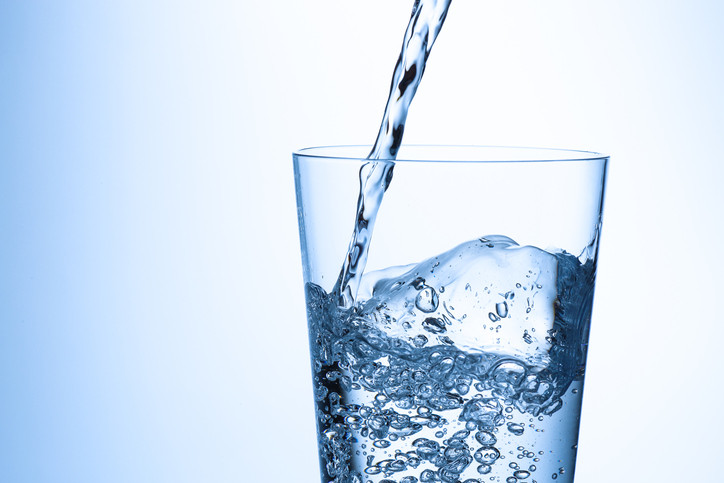Drinking Water 101:

Image by (Harvard Health) via (https://www.health.harvard.edu/staying-healthy/how-much-water-should-you-drink)
How much water should I drink in a day? This question is very common because many people don't realize that this amount should vary each day. Depending on a person's activity level, health condition, and overall thirst this may change.
As a rule of thumb, many articles read that we should drink a minimum of 8 cups each day. For males, some suggest up to 15 cups. For females, some suggest up to 12 cups.
The best times to have some water:
1. After waking up
Drinking water after waking up was discussed in my previous article discussing '10 Tips for a Better Morning'. This is because drinking water wakes up your internal organs and starts them off right.
2. Half an hour before a meal
This goes along with the morning water consumption. Drinking water before any meal is important, but especially before breakfast. Half an hour before a meal the water can aid in the digestion of your food.
3. After a workout
Drinking water while working out is important, but it is essential to drink enough water afterward. Especially if the exercise is outside in the sun, the body needs to be rehydrated. Water also helps the body lower your heart rate back down to normal.
4. Before a bath/shower
Drinking water before a bath or shower can help lower your blood pressure.
5. When tired or feeling sick
Water replenishes the body and should leave you feeling slightly more energetic when feeling sick or tired.
6. Before bed
Lastly, many people don't know that drinking water before bed can be beneficial. During the night, our bodies lose a lot of our water storage. Right before bed drinking some water will help replenish your fluid loss.
The benefits of drinking enough water:
~ carries nutrients and oxygen to cells
~ flushes bacteria
~ aids in digestion
~ prevents constipation
~ normalizes blood pressure
~ stabilizes heart rate
~ cushions joints
~ protects tissues and organs
~ regulates body temperature
~ maintains electrolyte levels
~ great for skin
Drinking enough water each day can ensure your bodily properly does these important tasks.
Comment below how much water you've had today!
Comments
Post a Comment